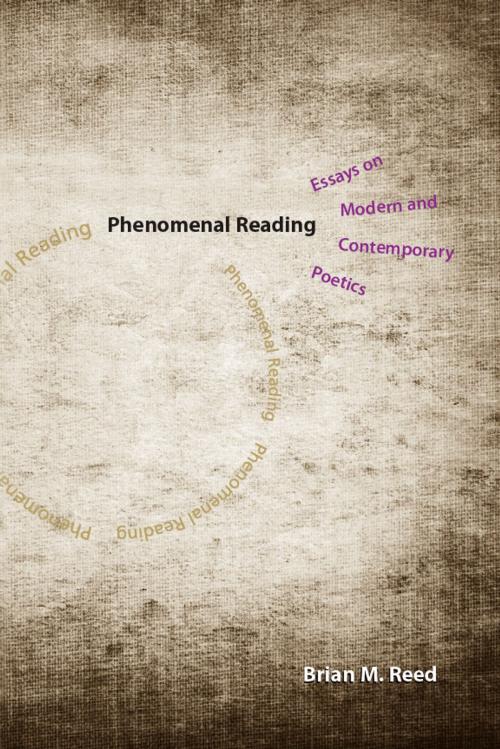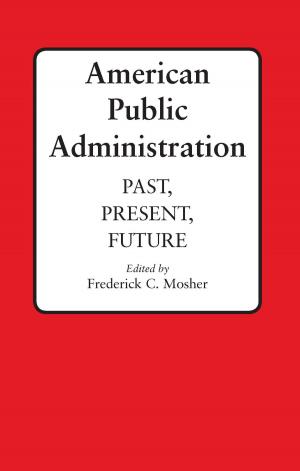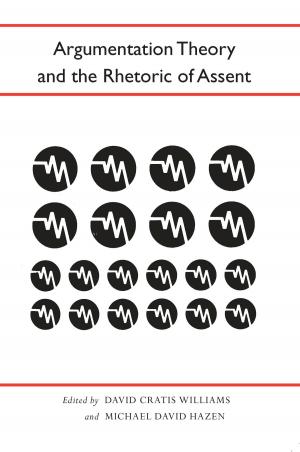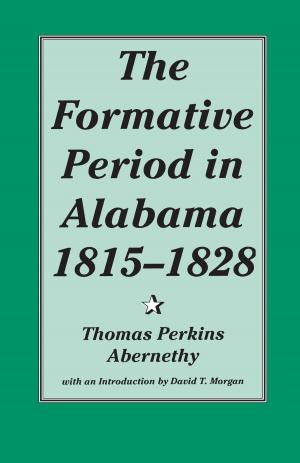Phenomenal Reading
Essays on Modern and Contemporary Poetics
Fiction & Literature, Literary Theory & Criticism, Poetry History & Criticism| Author: | Brian M. Reed | ISBN: | 9780817386016 |
| Publisher: | University of Alabama Press | Publication: | April 30, 2012 |
| Imprint: | University Alabama Press | Language: | English |
| Author: | Brian M. Reed |
| ISBN: | 9780817386016 |
| Publisher: | University of Alabama Press |
| Publication: | April 30, 2012 |
| Imprint: | University Alabama Press |
| Language: | English |
Normal0falsefalsefalseMicrosoftInternetExplorer4
The essays in Phenomenal Reading entice readers to cross accepted barriers, and highlight the work of poets who challenge language-as-usual in academia and the culture at large.
Phenomenal Reading is comprised of essays that are central to how best to read poetry. This book examines individually and collectively poets widely recognized as formal and linguistic innovators. Why do their words appear in unconventional orders? What end do these arrangements serve? Why are they striking? Brian Reed focuses on poetic form as a persistent puzzle, using historical fact and the views of other key critics to clarify how particular literary works are constructed and how those constructions lead to specific effects.
Understanding that explication and contextualization do not always sufficiently harness the power of poetry, Reed pursues phenomenological methods that take into account each reader’s unique perception of the world. This collection of twelve essays values narrative as a tool for conveying the intricacy, contingency, and richness of poetic experience.
Normal0falsefalsefalseMicrosoftInternetExplorer4
The essays in Phenomenal Reading entice readers to cross accepted barriers, and highlight the work of poets who challenge language-as-usual in academia and the culture at large.
Phenomenal Reading is comprised of essays that are central to how best to read poetry. This book examines individually and collectively poets widely recognized as formal and linguistic innovators. Why do their words appear in unconventional orders? What end do these arrangements serve? Why are they striking? Brian Reed focuses on poetic form as a persistent puzzle, using historical fact and the views of other key critics to clarify how particular literary works are constructed and how those constructions lead to specific effects.
Understanding that explication and contextualization do not always sufficiently harness the power of poetry, Reed pursues phenomenological methods that take into account each reader’s unique perception of the world. This collection of twelve essays values narrative as a tool for conveying the intricacy, contingency, and richness of poetic experience.















